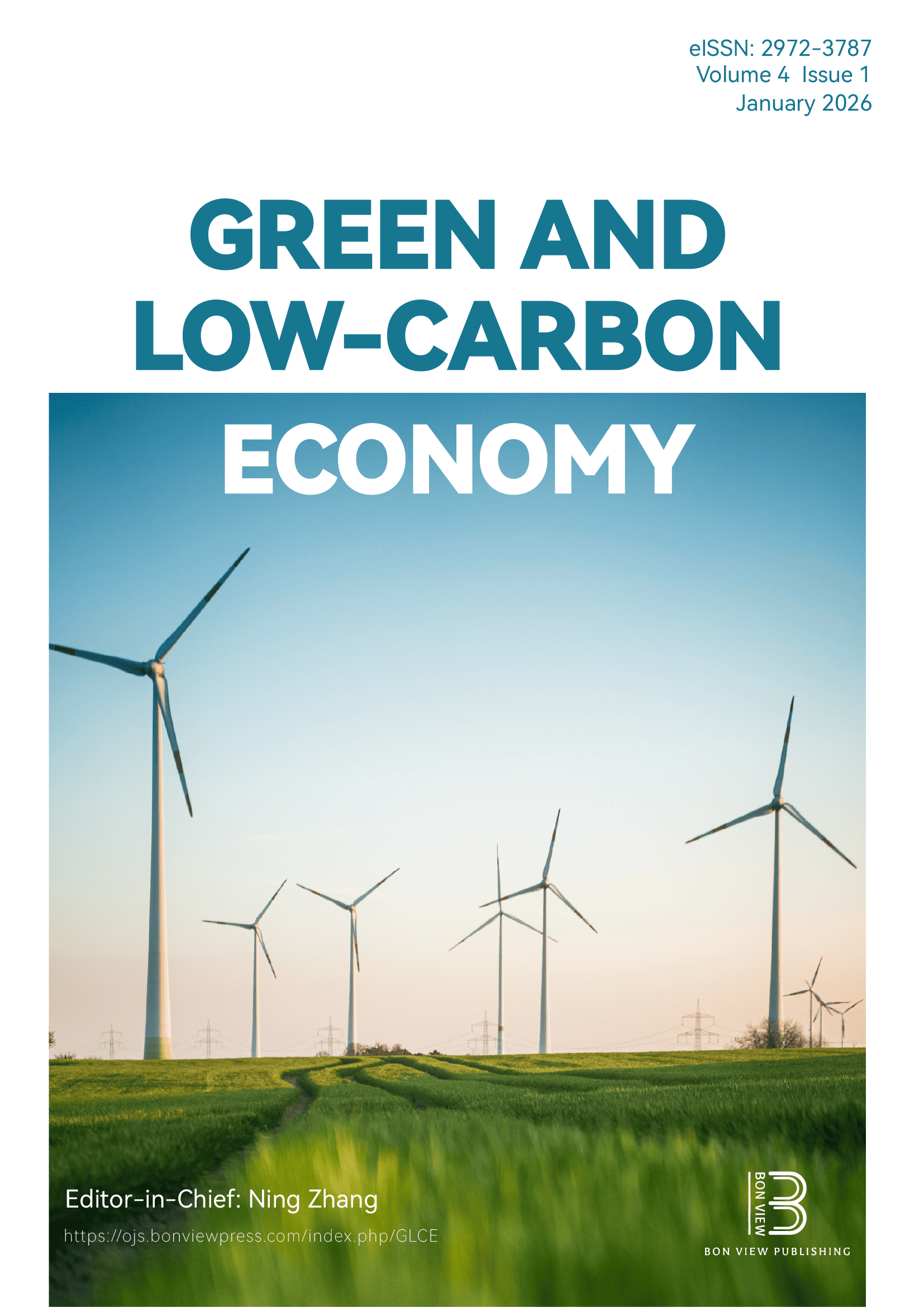Carbon Neutrality Goal Is Too Far Away? Residents' Psychological Distance of Low-Carbon Policy Over Time and Space in China
DOI:
https://doi.org/10.47852/bonviewGLCE3202771Keywords:
low carbon policy, psychological distance, low carbon awareness, policy support, low carbon cityAbstract
Residents' psychological time and space distance from the low-carbon policy can affect their support for the policy. The objective of this study is to investigate the psychological spatiotemporal distance of Chinese residents toward low-carbon policies and its influencing factors. Structural equation modeling was used in this study. Based on the data from the questionnaire survey, we found that most of the interviewed residents had a psychological time distance of 21–30 years for low-carbon policies, while the spatial distance was in the "global" range. Therefore, the goal of achieving carbon neutrality by 2060 exceeds the psychological time distance of the interviewed residents. The results of the structural equation model showed that residents' psychological time distance toward low-carbon policies is significantly and positively correlated with policy effects, policy costs, and residents' low-carbon values and attitudes. Residents' psychological spatial distance to low-carbon policies was significantly and positively correlated with the effects of low-carbon policies and residents' low-carbon values and attitudes.
Received: 18 February 2023 | Revised: 11 April 2023 | Accepted: 21 April 2023
Conflicts of Interest
The authors declare that they have no conflicts of interest to this work.
Data Availability Statement
Data are available on request from the corresponding author upon reasonable request.
Author Contribution Statement
Yong Liu: Conceptualization, Methodology, Software, Validation, Formal analysis, Investigation, Resources, Data curation, Writing - original draft, Writing - review & editing, Visualization, Supervision, Project administration. Shaoyi Sun: Conceptualization, Investigation, Writing - original draft, Writing - review & editing, Visualization.
Downloads
Published
Issue
Section
License
Copyright (c) 2023 Authors

This work is licensed under a Creative Commons Attribution 4.0 International License.


